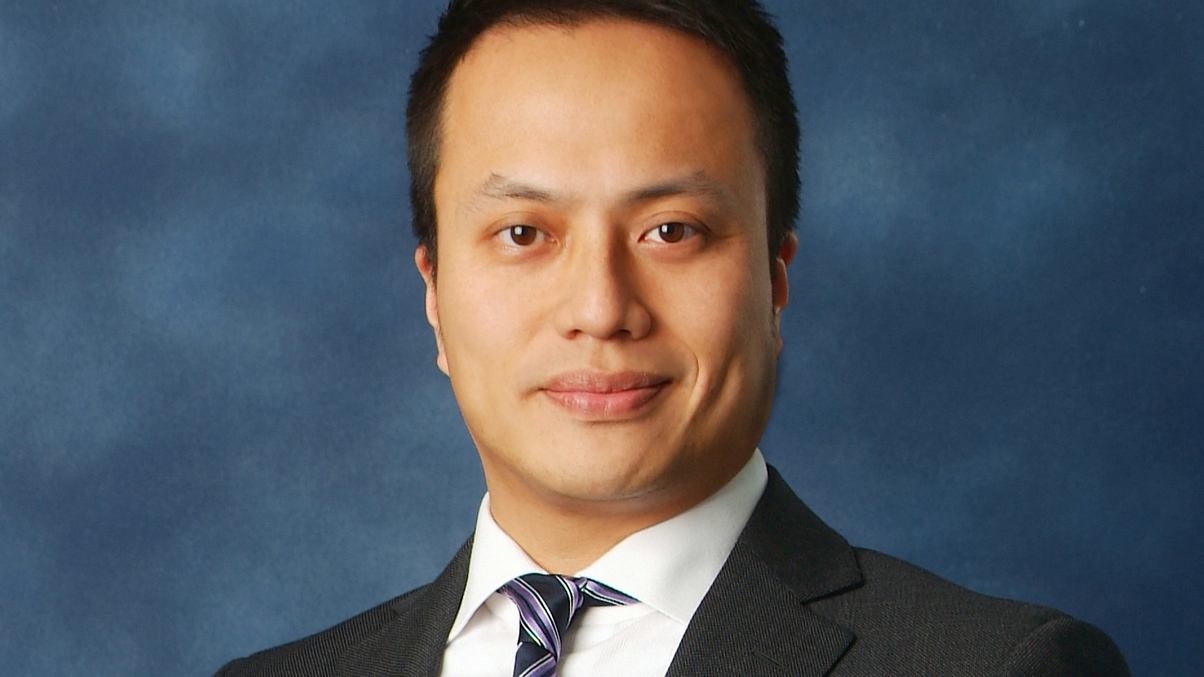Interest rate risk tops Asian investor concerns
A shift in perceived risk is prompting institutional investors in Asia to look at increasing domestic equity and alternatives allocations, finds an Allianz Global Investors survey.

Interest rate risk has toppled tail risk as the issue cited by institutional investors in Asia as most likely to affect portfolio performance over the next 12 months, finds an Allianz Global Investors survey* due for release today.
Sign in to read on!
Registered users get 2 free articles in 30 days.
Subscribers have full unlimited access to AsianInvestor
Not signed up? New users get 2 free articles per month, plus a 7-day unlimited free trial.
¬ Haymarket Media Limited. All rights reserved.


